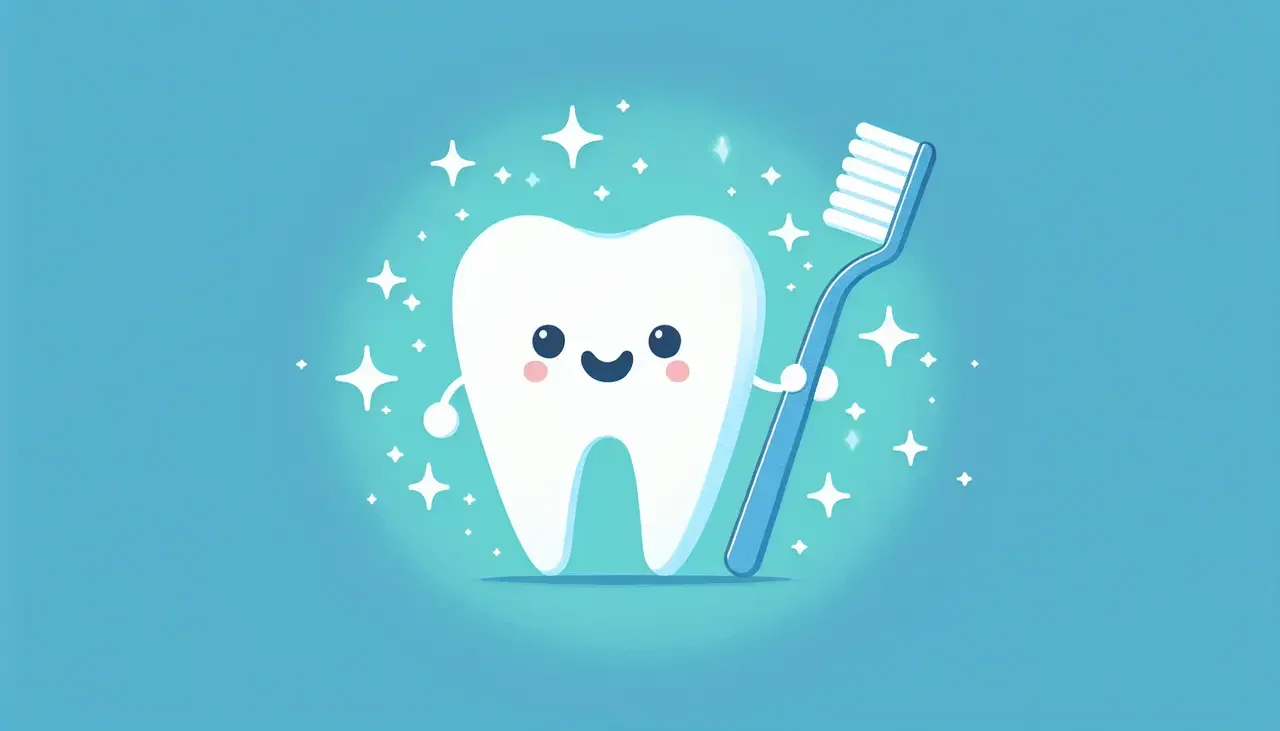Secrets from a Dental Specialist: How to Maintain a Perfect Smile
Maintaining a perfect smile is not just about looks; it's about health and confidence too. As a friendly dental specialist, I'm here to share some insider tips that will help you keep your smile stunning. Let's dive into the secrets behind a radiant smile and discover how you can easily incorporate these practices into your daily routine.
Understanding the Importance of Dental Health
Your dental health plays a vital role in your overall well-being. Beyond aesthetics, a healthy mouth can prevent diseases and reduce health risks, so it's imperative to understand its significance.
While many people focus on having a bright smile, few consider how integral good oral health is to their overall health. A healthy mouth can fend off various diseases, some of which are serious and may affect other parts of the body. For example, there’s growing evidence that periodontal diseases are linked to cardiovascular issues like heart disease. Taking good care of your teeth and gums forms an essential barrier against potential systemic problems.
Moreover, our smile is often the first impression we make. It radiates confidence and warmth. Maintaining healthy teeth isn't just for vanity; a healthy mouth ensures clear speech and the enjoyment of diverse foods without discomfort. As research unfolds, the prevention of dental issues is shown to significantly decrease the risk of conditions like diabetes and infections, making oral health care more crucial than ever.
Daily Habits for an Everlasting Smile
Creating daily habits is key to a perfect smile. From brushing and flossing to choosing the right products, learn the essential daily practices recommended by dental specialists.
The foundation of any dental care routine is regular brushing. Using a fluoride toothpaste, brush your teeth at least twice daily. But technique matters just as much as frequency. Dental specialists recommend using a soft-bristled toothbrush and brushing at a 45-degree angle to the gums. This method efficiently removes plaque while being gentle on your sensitive gum tissues, preventing gum recession and cavities.
Flossing daily is a practice many overlook, yet it is crucial. Flossing removes food particles and plaque from areas between your teeth that a toothbrush simply can't reach. Also, incorporating an antiseptic mouthwash into your routine boosts your oral health by attacking bacteria and leaving your breath fresh.
Additionally, consider investing in an electric toothbrush, which can be more effective at removing plaque than manual brushing. The rotation and vibration capabilities ensure a comprehensive clean around each tooth. By establishing these dental rituals, you’re not just protecting your teeth but also investing in your overall health.
The Role of Diet in Dental Care
What you consume affects your dental health. Find out which foods promote healthy teeth and gums and which ones to avoid to keep your smile sparkling.
Your diet has a substantial impact on your dental health. Foods rich in calcium such as dairy products, leafy greens, and almonds can strengthen your teeth, while crunchy fruits and vegetables like apples and carrots serve as natural toothbrushes, scrubbing away plaque as you chew. Consuming vitamin C-rich foods like oranges and strawberries supports gum health by promoting collagen production.
Equally important is avoiding sugary drinks and snacks that can contribute to decay. Sugars create acid during metabolism by bacteria, wearing down your enamel over time. Instead, focus on hydrating with water, which helps wash away food debris, and drink milk to benefit from calcium intake. By being mindful of these dietary choices, you can better support your dental care efforts.
Regular Dental Check-ups: Why They Matter
Regular check-ups are crucial for maintaining dental health. Discover the benefits of consistent visits to your dentist and what you should expect during these appointments.
Visiting your dentist regularly is essential. Check-ups allow dental specialists to detect potential problems early, saving you from more complex procedures later. During these visits, professionals evaluate your oral health, clean hardened plaque, and may even screen for oral cancers, providing total peace of mind.
An often undervalued aspect of routine exams is the opportunity they provide to discuss any concerns regarding your oral health. Your dentist can give personalized advice on brushing techniques, diet adjustments, and product recommendations tailored to your specific needs. Continual engagement with dental care professionals ensures you’re taking proactive steps toward maintaining a perfect smile.
Maintaining Dental Health at Different Life Stages
Dental care changes as we age. Learn how to adapt your dental routine to ensure a healthy smile through every stage of life.
Dental needs evolve throughout our life. For young children, developing good oral hygiene habits early sets a strong foundation. For teenagers experiencing orthodontics treatments, maintaining braces and emphasizing brushing becomes paramount.
As adults, hormonal changes might affect oral health. Pregnant women should be vigilant against pregnancy gingivitis, whilst most adults face challenges like tooth sensitivity, cavities, or even periodontal disease. Seniors, on the other hand, may experience tooth loss or dry mouth and should remain diligent about using fluoride treatments.
Adjusting dental care practices with age ensures your oral health remains robust and your smile, a bright hallmark of each life stage. It's vital to tailor your routine with the guidance of dental specialists to address each stage's unique challenges.
Embrace the Path to a Dazzling Smile
A perfect smile is within everyone's reach with the right knowledge and habits. By following these expert tips, you can ensure that your dental health supports your radiant grin. Remember, a healthy smile boosts your confidence and reflects your overall well-being, so take these tips to heart and let your smile shine bright.

